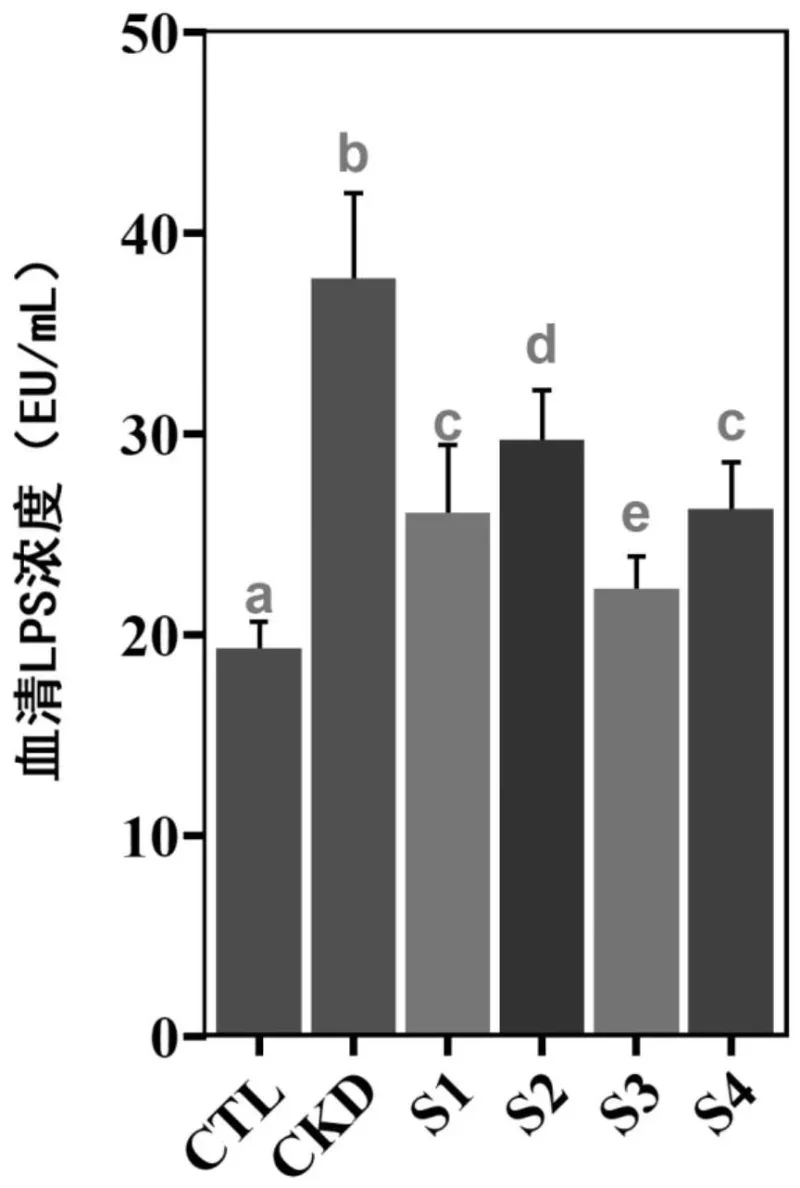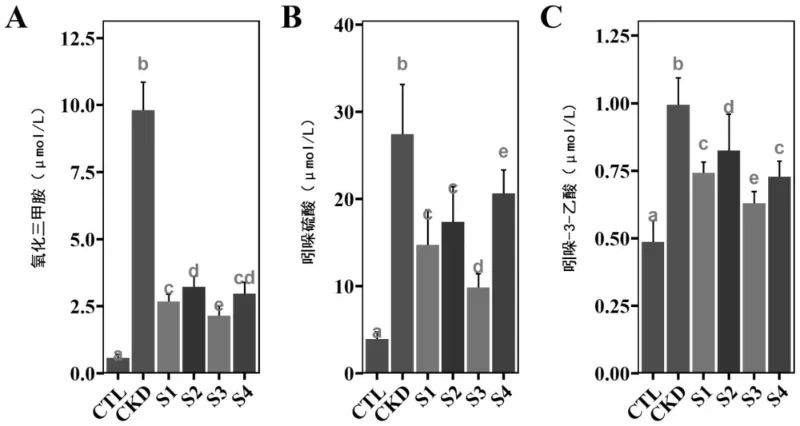Bifidobacterium longum subsp. longum BL21 in Improving Chronic Kidney Disease
Chronic kidney disease (CKD) is a significant health problem that affects millions of individuals globally. The need for effective therapeutic agents has led to the exploration of probiotics as a potential treatment. This journal focuses on a specific probiotic agent designed to improve CKD, its composition, and its applications, as described in the patent.
Mechanism of Action
The proposed mechanism of action for Bifidobacterium longum BL21 in improving CKD involves several pathways:
· Gut Microbiota Modulation: The probiotic helps restore the balance of the gut microbiota, which is often disrupted in CKD patients.
· Reduction of Inflammatory Markers: Bifidobacterium longum subsp. longum BL21 has anti-inflammatory properties that help in reducing the levels of pro-inflammatory cytokines, which are elevated in CKD.

· Toxin Reduction: The probiotic strain is capable of reducing the levels of uremic toxins that accumulate in CKD patients, thereby alleviating the symptoms and progression of the disease.

Application in CKD Management
The patent describes the use of this probiotic agent in various forms, including:
· Oral Supplements: The probiotic can be administered as an oral supplement, either in the form of capsules, tablets, or powder.
· Food Additives: It can be incorporated into functional foods designed for patients with CKD.
· Pharmaceutical Preparations: The agent can be formulated into pharmaceutical products that specifically target CKD.
Clinical Trials and Efficacy
Although the patent provides a detailed description of the probiotic agent, it also references clinical trials that demonstrate the efficacy of Bifidobacterium longum subsp. longum BL21 in CKD management. The results from these trials indicate a significant improvement in kidney function markers and a reduction in the progression of the disease.
Potential Benefits
The use of this probiotic agent presents several potential benefits for CKD patients:
· Non-Invasive Treatment: As a probiotic, it offers a non-invasive treatment option that can complement existing CKD therapies.
· Improved Quality of Life: By reducing the symptoms and progression of CKD, the probiotic agent can significantly improve the quality of life for patients.
Conclusion
The patent on Bifidobacterium longum subsp. longum BL21 as a probiotic agent for improving chronic kidney disease presents a promising advancement in the treatment of CKD. By harnessing the benefits of this specific probiotic strain, the potential to improve patient outcomes and offer a novel therapeutic option in the management of chronic kidney disease is significant.
- Art
- Causes
- Crafts
- Dance
- Drinks
- Film
- Fitness
- Food
- Juegos
- Gardening
- Health
- Home
- Literature
- Music
- Networking
- Other
- Party
- Religion
- Shopping
- Sports
- Theater
- Wellness


